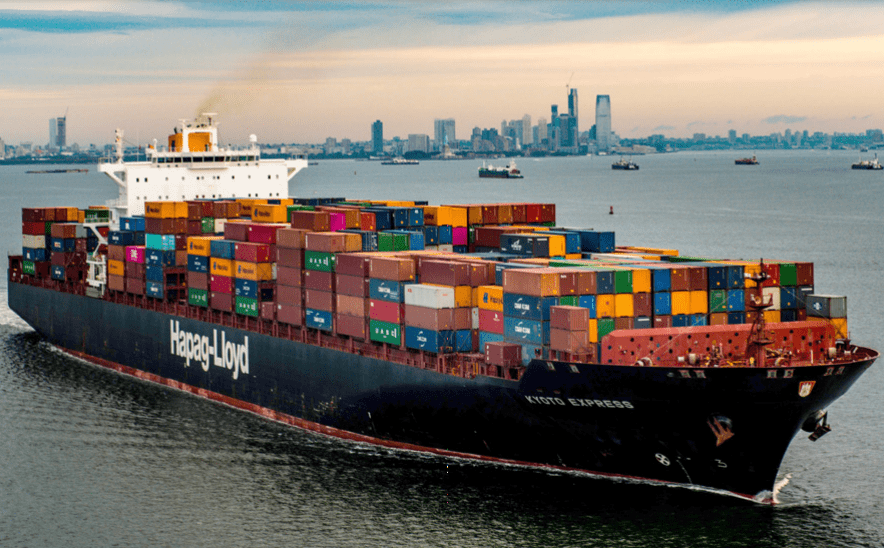The United States has in recent years announced or initiated negotiations for new Free Trade Agreements (FTAs) with the European Union, the United Kingdom and Kenya.
But to date, none of these negotiations have been concluded.
As of mid-2022, the Administration was reviewing the objectives of negotiations with the United Kingdom initiated under the previous Administration; active negotiations are on pause while the review is conducted.
Also, USTR is reviewing with the Kenyan government the way forward for deepening the U.S.-Kenya trade and investment relationship. The current Administration is not negotiating an FTA with the European Union.
So far, the United States has 14 FTAs with 20 countries.
Since 2018, the main development was the conclusion and implementation of the revised agreement with Canada and Mexico, which replaces the North American Free Trade Agreement (NAFTA), now known as the Treaty between Mexico, the United States and Canada (USMCA).
This was the first time that the United States comprehensively modified or updated an existing FTA.
The FTAs with the Republic of Korea and Morocco also underwent some modifications in the last four years.
There were no changes to other agreements, although the United States continued to engage in dialogue with its FTA partners on implementation issues, labor and environmental provisions, and other matters related to the proper functioning of the agreements.
Negotiations
Regarding unilateral preferences, the Generalized System of Preferences (GSP) program expired in December 2020, and as of March 2022 had not been renewed; the renewal of preferences under the Caribbean Basin Trade Partnership Act (CBTPA) was extended to 2030.
In the last four years, other agreements relating to trade issues were concluded with Japan, China and the European Union, covering a variety of products or materials.
The U.S. President may negotiate international agreements, including FTAs, but the Constitution gives Congress exclusive authority to set tariffs and regulate foreign trade.
In this regard, when Congress has sought to enter into trade negotiations, it has traditionally granted negotiating authority to the executive branch through a piece of trade legislation known as Trade Promotion Authority (TPA) or «fast track» because it allows the issue to be submitted to a simple yes-or-no vote in Congress without prior deliberation or modification of the substance.
![]()

